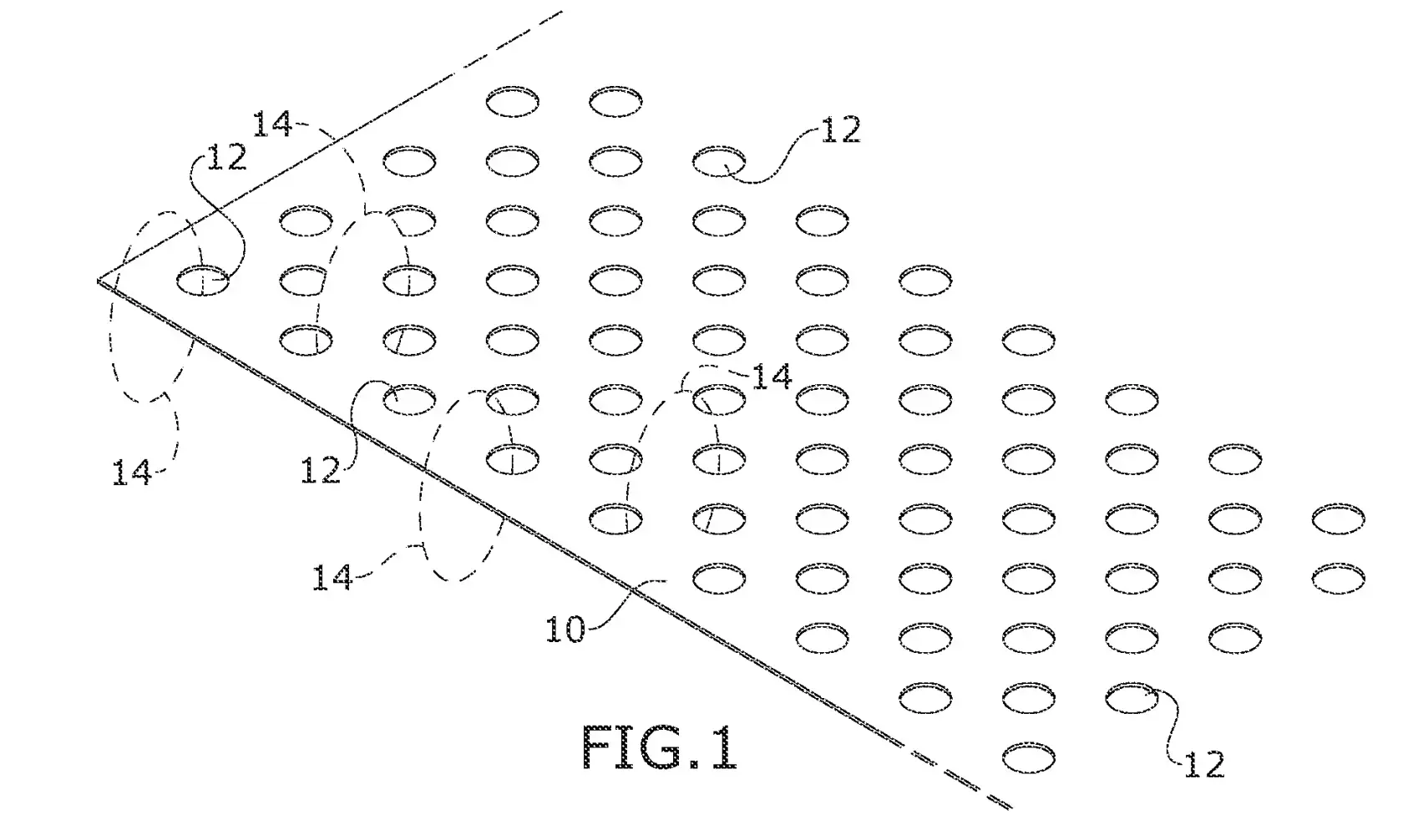This time, straight from a patent granted to a blockchain company, with no accompanying paper or proof.
Edit: after reviewing the patent, and as pointed out by @[email protected], this is an incredible amount of BS. The patent’s initial date is Feb 2020, issue date Dec 2021. It has no proof, because it claims to speculatively apply a possible theory by someone else, onto how to make a flexible Type II semiconductor out of a Type I semiconductor, in case this ever happens to be possible with that theory. Basically a patent troll waiting to see if someone happens to make possible the elements they’ve used in the patent, then jump in and claim an application.
Honestly, didn’t know speculative patents like this were possible.
This isn’t another room-temperature superconductor. It’s some assholes patenting something they think might be useful to whoever eventually does come up with one, so that the people who do the actual work have to pay them for nothing. And of course their business has “quantum” in the name and does something unspecified with a blockchain.
Wow, you’re right. I’ve looked closer at the patent, and wow, what a bunch of BS. They take some guy’s theoretical research, and use it as a previous art basis to file for an application, just in case the theory turns out to be right.
I didn’t know one could speculatively file patents like that now, didn’t there use to be a part about “showing a working sample” before getting a patent?
sigh I guess it’s just cool to claim to have found room-temperature superconductors this month. I wouldn’t trust anything coming from a blockchain company regardless but making such an outlandish claim would be comical if the intended purpose of filing this patent wasn’t almost certainly to patent troll anyone they can while people are interested in trying to replicate the claims of the Korean paper
You shouldn’t be able to patent something without a working prototype or proof of concept.
Aww man, does that mean nobody will be interested in my perpetual motion machine now?
It sounds like the standards are low enough that you could get a patent for it anyway.
Ohhhhh the electrons go through the holes! Brilliant!
I think that’s supposed to be field lines, going “through the material” where it isn’t a diamagnetic (or there is none, or the aliphatic filler), allowing for “some” field in order to reduce the total field so the Type I superconductor doesn’t become saturated, which is supposed to bring it into room-temperature range?
But we already know everything goes through the hole.





